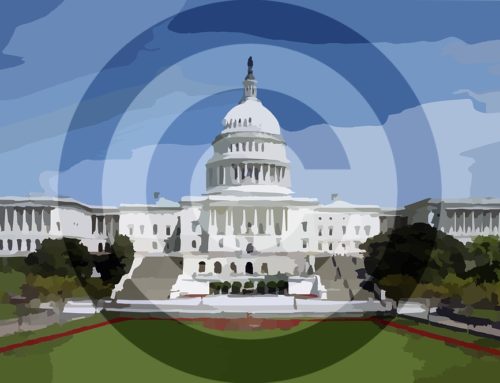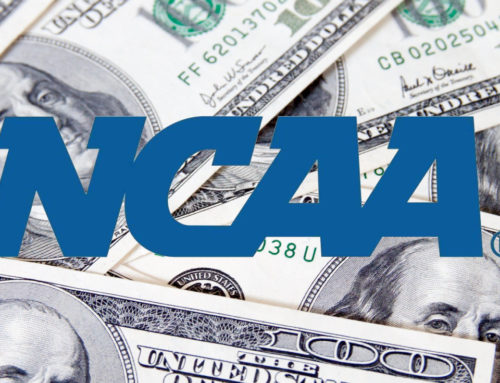Over the past two years, Brexit has consistently taken up headlines and been a source of controversy between the UK and the EU. With yet another negotiated extension currently in the works, talks of how exactly the UK will exit the European Union have been fraught with tension. There are many theories about how the UK will handle its exit, and specifically its immigration policies. Such policies have a major impact on citizens of the UK and EU residents who work in the UK. One prominent area that will be affected by Brexit, regardless of the deal that is ultimately reached, is the sports industry. Considering that athletes in the UK often come from different parts of Europe and the world, the livelihoods of countless athletes will be affected if Brexit negotiations come with a loss of freedom of movement. Here, we look at how freedom of movement operated before Brexit as well as the implications Brexit will have on immigration, travel and movement for athletes once a deal is finally negotiated.
Athletes within the EU are able to freely move throughout Europe as part of the free movement rights established in the Treaty of Functioning of the European Union (TFEU). This treaty includes rights related to travel, residency and work, allowing athletes to partake in all three areas without being discriminated against in favour of a state’s own citizens.
In the aftermath of Brexit, applications by EU nationals increased by 64% in an effort to quickly confirm their residency status. Alternatively, there were an increase of 150% in British citizenship applications from EU nationals and a fall in net migration of EU citizens to the UK by 75,000.
Initially, a deal was met on December 8, 2017 between EU and UK officials. This agreement set the UK’s exit date as March 29, 2019 and specified that EU nationals living in the UK before that time would be able to remain in the country without penalty.
This agreement was then extended on March 19, 2018 and was revised to allow free movement to EU nationals who arrive before the end of the two-year transition period ending on December 31, 2020.
Considering this, EU athletes will retain the right to travel, reside and work in the UK up until December 31, 2020. They will be able to continue benefiting from these rights and qualify for “settled status” after residing in the UK for five years, so long as they can show that their residency began before 2021.
It is still unknown how the UK’s new immigration system will operate. What is known for sure is that any withdrawal agreement regarding immigration will not officially come into effect until the end of the transition period on December 31, 2020.
In the midst of ongoing negotiations, the UK government has specifically consulted with the FA and the Premier League, asking them to supply a comprehensive analysis on how the loss of Freedom of Movement would affect sports in the UK. Details of this analysis, however, have not been disclosed.
In early 2018, the EU Home Affairs Sub-Committee launched an inquiry into the impact of Brexit on Sport. Partnering with the Sport and Recreation Alliance, the Professional Players Federation and the Rugby Football Union, the inquiry concluded the following:
- The government should not focus entirely on professional athletes and movement of professional athletes but must also consider the staff and other professionals who enable sports to happen, including hosting major sports events that rely heavily on EU workers.
- While the UK considers an immigration system that continues to allow free movement with a job offer, this may still only favour elite athletes and coaches but would not support other professionals in the sports industry. Therefore, teams, governing bodies, federations and major events will still be heavily impacted under the UK’s currently proposed immigration plan.
With a specific focus on tournaments and events, the inquiry noted that such activities require crossing borders. Therefore, the government needs to ensure that there is no hindrance on travel in order for the sports industry in the UK to remain stable. The inquiry was clear in stating that if the system becomes more complex and less fluid, the UK will be seen as a less attractive destination for major events, which would be a further blow to the UK economy.
According to current research by Sport England, the sports industry is a major contributor to the UK economy, generating a gross value of £20.3 billion (1.9% of England’s total revenue), and supports 400,000 full-time jobs in the country (2.3% of all jobs).
Considering this, how the UK decides to handle immigration and free movement will have a major impact on the sports industry as well as on the country as a whole. Although it seems impossible to stop Brexit at this point, the UK would be wise to limit the effects of change to free movement across the EU in an effort to ensure that the sports industry can operate in a way that allows the economy to continue to thrive.




